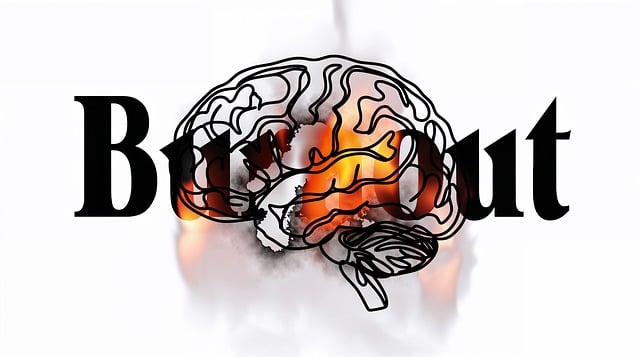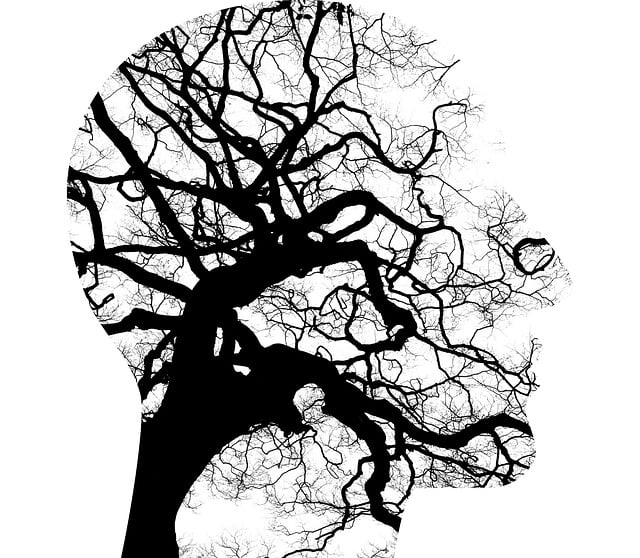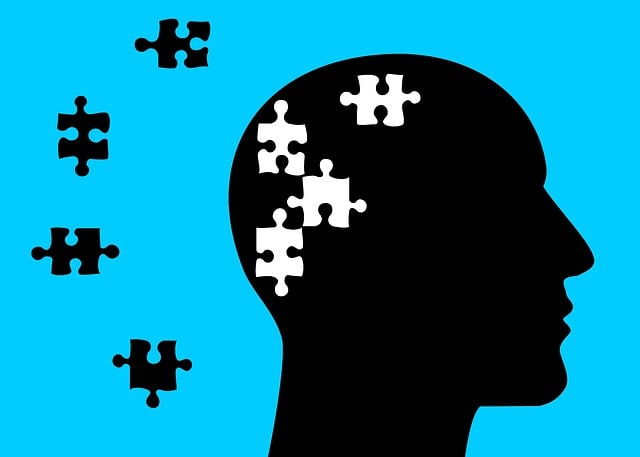Mental health policies are essential frameworks ensuring accessible and effective therapy services for adults, including innovative methods like hypnosis. These policies promote cultural competency training, address diverse needs, reduce stigma, and enhance holistic emotional well-being. Key aspects include specialized care through techniques such as hypnosis, prioritizing quality services tailored to individual requirements. By advocating for evidence-based adult therapy and integrating complementary approaches, mental health professionals drive societal changes to destigmatize therapy and develop inclusive public health strategies. Hypnosis offers non-invasive, personalized treatment for psychological disorders, with culturally sensitive practices ensuring its effectiveness across diverse populations. Policy analysis and advocacy efforts combine rigorous research with grassroots movements to shape accessible support systems, empowering individuals to manage their mental health proactively.
Mental health policy analysis and advocacy are vital components of creating supportive systems for individuals struggling with their mental well-being. This article explores key aspects, including understanding the impact of mental health policies and their role in fostering inclusive societies. We delve into specific therapeutic approaches, such as therapy for adults and hypnosis, examining their potential in policy advocacy. Additionally, it provides strategies for effective analysis, emphasizing the importance of evidence-based practices and innovative solutions like hypnosis to drive positive change in mental health policy landscapes.
- Understanding Mental Health Policy and Its Impact
- The Role of Therapy for Adults in Policy Advocacy
- Hypnosis as a Therapeutic Tool: Policy Considerations
- Strategies for Effective Mental Health Policy Analysis and Change
Understanding Mental Health Policy and Its Impact

Mental health policy is a crucial framework that guides the provision and accessibility of services aimed at fostering emotional healing processes and overall well-being. It encompasses laws, regulations, and guidelines that shape how individuals can access therapy for adults, including innovative approaches such as hypnosis. Understanding these policies is essential to navigating the healthcare system and ensuring adequate support for mental health issues.
Effective mental health policy advocates for cultural competency training among healthcare providers, addressing the diverse needs of a society. This training equips professionals with the skills to deliver quality care, especially in managing conditions that often require specialized techniques like hypnosis. By integrating evidence-based practices, policies promote positive thinking and holistic emotional well-being, thereby reducing the stigma associated with seeking therapy for adults.
The Role of Therapy for Adults in Policy Advocacy

Therapy for adults plays a pivotal role in mental health policy advocacy, particularly through its ability to enhance mood management and risk management planning. Hypnosis, as a therapeutic technique, offers unique benefits in addressing various mental health concerns, from anxiety and depression to trauma and stress-related disorders. By employing evidence-based practices, mental health professionals can advocate for policies that prioritize access to quality therapy services, thereby increasing public awareness campaigns development around mental wellness.
Effective therapy for adults not only facilitates individual healing but also contributes to a broader social shift in perceiving and addressing mental health issues. This includes advocating for policy changes that destigmatize seeking therapy, ensure cultural sensitivity in treatment approaches, and promote integration of complementary therapies like hypnosis into established care protocols. Such efforts ultimately aim to foster more inclusive and effective public health strategies for managing mental illness at a population level.
Hypnosis as a Therapeutic Tool: Policy Considerations

Hypnosis has emerged as a powerful therapeutic tool for adults seeking effective mental health treatment. As a non-invasive and highly personalized approach, it offers unique benefits in addressing various psychological disorders and promoting overall well-being. Policy advocates for integrating hypnosis into mainstream healthcare systems, recognizing its potential to enhance traditional therapy methods. This shift aligns with the growing emphasis on evidence-based practices and the need for diverse treatment options.
Cultural sensitivity in mental healthcare practice plays a pivotal role when considering hypnosis as a therapeutic intervention. Tailoring hypnosis sessions to accommodate cultural nuances ensures that this method remains accessible and effective across diverse populations. Additionally, burnout prevention strategies for healthcare providers can be enhanced through the incorporation of hypnosis techniques, which promote stress management and self-care, ultimately leading to improved provider well-being and patient outcomes.
Strategies for Effective Mental Health Policy Analysis and Change

Mental health policy analysis and advocacy are essential components in ensuring accessible and effective support systems for individuals grappling with mental health challenges. To drive meaningful change, advocates must employ comprehensive strategies that span from rigorous research to grass-roots movements. One potent tool in this arsenal is mental health policy analysis, which involves dissecting existing laws and programs to identify gaps and inefficacies. By leveraging data and expert insights, policymakers can craft interventions tailored to address specific mental health needs within communities.
Moreover, integrating innovative approaches like hypnosis for adults as a therapy option holds promise for enhancing treatment modalities. This alternative practice complements traditional methods by offering unique techniques for stress reduction, anxiety management, and trauma healing. Alongside these evidence-based practices, promoting self-care practices and emotional well-being promotion techniques, such as mindfulness and compassion cultivation practices, can empower individuals to take an active role in their mental health. Such multifaceted strategies collectively contribute to building resilient communities where emotional wellbeing is prioritized and nurtured.
Mental health policy analysis and advocacy are pivotal in ensuring accessible and effective therapy for adults, such as hypnosis, as a recognized therapeutic tool. By understanding the impact of policy decisions and employing strategies for change, we can navigate complex systems to improve mental well-being. The article highlights the importance of integrating diverse therapies, like hypnosis, into policy frameworks to offer comprehensive support. Through advocacy and analysis, we can foster a more inclusive and effective mental health landscape, ultimately enhancing the lives of those seeking treatment.












